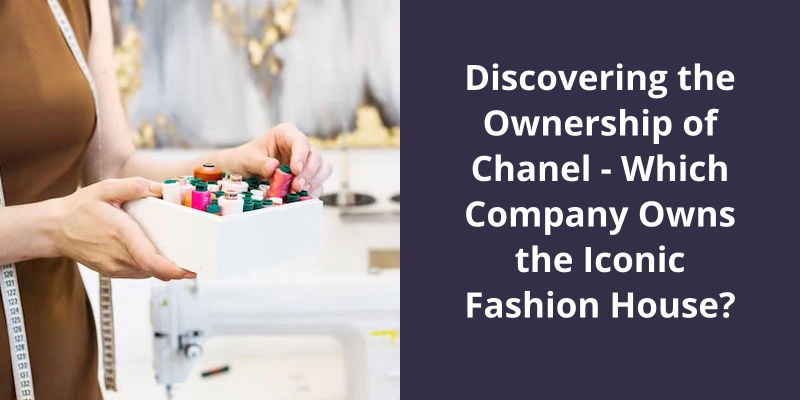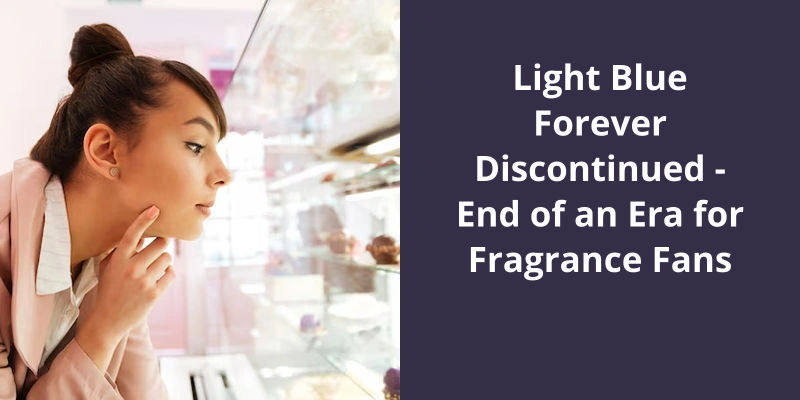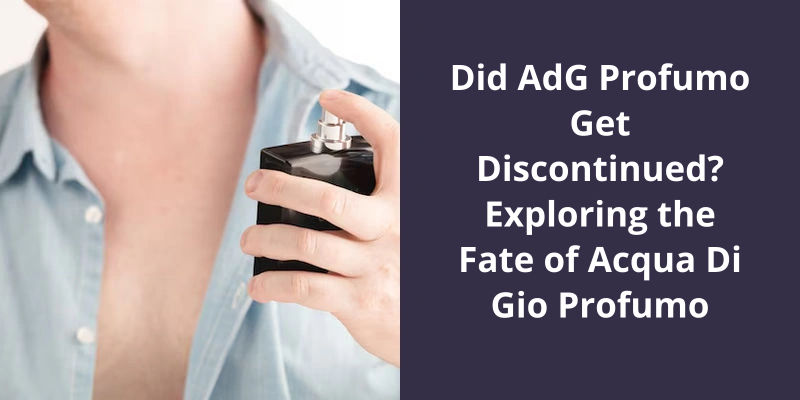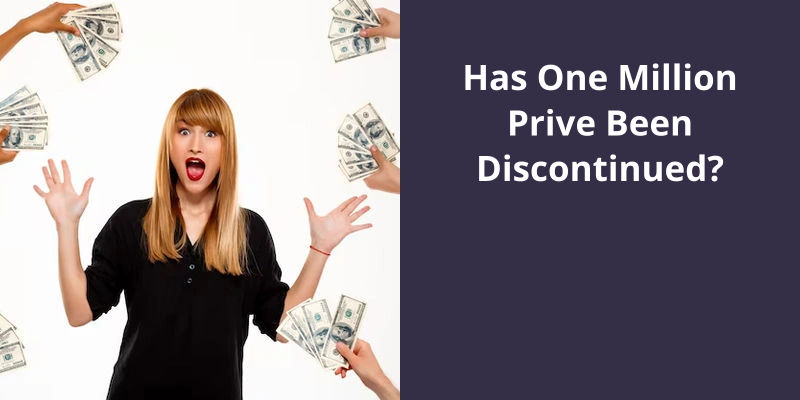The ownership of Chanel is primarily with the Wertheimer family. Brothers Alain Wertheimer and Gerard Wertheimer are the current co-owners of this iconic fashion house. Their grandfather, Pierre Wertheimer, had initially partnered with Gabrielle (Coco) Chanel, the founder of Chanel, back in 1924 to create the perfume label, Chanel No.5. Gradually, the Wertheimers bought out Coco Chanel’s stakes and took over full ownership after her death in 1971. Hence, through a series of events, Chanel became a part of the Wertheimer family’s holdings and remains a privately held company, away from the public eye or public shareholding.

Is Chanel a Private Brand?
The fashion house was founded by Gabrielle “Coco” Chanel in 1909, and today it continues to be privately owned and operated by the Wertheimer family. This means that the company isn’t publicly traded, and it’s financial information isn’t readily available to the public. The Wertheimer family owns a majority stake in the company, which gives them control over major business decisions and strategy.
One benefit of being a private brand is that Chanel can operate with more privacy and flexibility than a publicly traded company. They don’t have to disclose as much information to the public, including financial figures, growth strategies, and future plans. This allows them to maintain a certain mystique and aura of exclusivity around the brand.
Chanel also has the freedom to make decisions that prioritize their long-term interests over short-term gains. They don’t have to answer to shareholders or investors who may be more focused on quarterly earnings reports and profits. This gives them the ability to invest in new technologies, expand into new markets, and take risks that could ultimately pay off in the long run.
They don’t have to worry as much about satisfying the demands of investors or Wall Street analysts, and instead can focus on building a brand that resonates with their customers. This means that they can be more selective about the partnerships they form, the celebrities they work with, and the events they sponsor.
Advantages and Disadvantages of Being a Private Brand Like Chanel
- Advantage: High perceived value and exclusivity among consumers.
- Disadvantage: Limited customer base due to high prices.
- Advantage: More control over product quality and brand image.
- Disadvantage: Greater financial risk and investment required to maintain brand image and reputation.
- Advantage: More flexibility in product development and marketing strategies.
- Disadvantage: More competition and pressure to constantly innovate and stay ahead of trends.
- Advantage: Ability to charge premium prices and maintain higher profit margins.
- Disadvantage: Greater responsibility to deliver consistent quality and value to justify high prices.
5 fragrance and the iconic Chanel suit, but there’s a common question about the ownership of this luxury brand. Despite rumors and speculations, Chanel is still independently owned, and there are no plans to take the company public or sell it to a larger corporation. In this article, we will explore the fascinating story of Chanel and delve into the brand’s ownership and management.
Is Chanel Independently Owned?
5 perfume, which was introduced in the 1920s and continues to be a bestselling fragrance today. The brand has become synonymous with luxury fashion and is recognized worldwide for it’s timeless designs that appeal to fashion enthusiasts and trendsetters alike.
In 1954, Coco Chanel returned to the fashion industry after a hiatus to introduce what would become her most iconic creation, the Chanel suit. This suit was groundbreaking in it’s simplicity and elegance, with a perfectly tailored jacket and skirt that became a symbol of femininity and sophistication. Since then, the brand has continued to evolve and innovate in the world of fashion, introducing new collections and collaborations with other designers and artists.
Despite the brands success, Chanel has always remained independent and family-owned. This independence allows the brand to maintain a level of exclusivity and quality that’s unmatched by other fashion companies. The company is currently owned by Alain and Gerard Wertheimer, who’re the grandsons of Pierre Wertheimer, the business partner who helped Coco Chanel launch her first perfume in 1921.
Chanels independence has allowed the brand to maintain it’s iconic status and continue to innovate and create designs that are both timeless and trendsetting. The companys commitment to quality, craftsmanship, and attention to detail has earned it a loyal following among fashion enthusiasts and celebrities alike. From it’s iconic handbags and accessories to it’s classic and elegant clothing designs, Chanel remains a brand that embodies luxury and sophistication.
Chanel is a privately-owned company that’s been independent since it’s founding in 1910.
History of Chanel’s Ownership and Management Changes Over the Years
Chanel, a luxury fashion brand, has undergone many ownership and management changes throughout it’s history. These changes have been due to reasons such as the death of the founder, Coco Chanel, and acquisitions by other fashion brands. Despite these changes, Chanel has remained a global fashion icon, known for it’s classic and timeless style.
While Chanel and Louis Vuitton are often mentioned in the same discussions about luxury fashion, the two brands are actually separate entities with separate ownership. While LVMH does have a sizable presence in the luxury goods market, Chanel remains an independent player in the industry, maintaining it’s own unique identity and vision.
Is Chanel Owned by Louis Vuitton?
Despite rumors and speculation over the years, Chanel isn’t owned by Louis Vuitton or the LVMH group. Chanel remains an independently owned company founded by Coco Chanel in 1909 and has since become a world-renowned luxury brand with a reputation for high-quality products and innovative ideas.
Chanels success is also reflected in it’s financial performance, as the company consistently reports strong revenue growth and profitability each year. In fact, in 2020, despite the challenges of the COVID-19 pandemic, Chanel reported a revenue of over $12 billion, which is a testament to the brands resilience and appeal to consumers worldwide.
Chanels product portfolio includes a wide range of offerings, such as clothing, handbags, jewelry, watches, and fragrances. The brand has also expanded into beauty and skincare, with popular products such as it’s Rouge Coco lipsticks and La Crème Main hand cream.
Overall, Chanels independence and success in the luxury fashion industry demonstrate that ownership by a larger conglomerate isn’t always necessary for sustained growth and innovation. Instead, the companys commitment to quality, innovation, and customer experience have helped it stand the test of time and remain a highly respected and sought-after brand.
Source: LVMH: What to Know About the Luxury Conglomerate
Now that we’ve learned about the ownership structure of Chanel, let’s dive into the brand’s history and how it’s become one of the most iconic luxury fashion houses in the world.
Who Owns Chanel Brand?
Together, the Wertheimer family has a net worth of over $25 billion, thanks to their ownership of Chanel and other companies under the holding company, Chanel S.A. Despite being a privately held company, Chanel has been able to maintain a level of transparency regarding their ownership, thanks in part to their continued success and public stature. In recent years, the brand has seen an increased demand from younger consumers who’re drawn to their classic aesthetic and timeless designs.
The Wertheimer family has taken a hands-on approach to managing Chanel, with Alain serving as both chairman and CEO. Under his leadership, the brand has expanded into new markets and has continued to grow it’s product lines. Despite some controversy over the brands use of animal products, Chanel has made strides in recent years to become more sustainable and ethical in their practices. This includes a commitment to using only ethically sourced materials in their products and reducing their carbon footprint.
Chanel has also become known for it’s high-profile collaborations, including partnerships with musicians and artists. This has helped to keep the brand relevant and appealing to a wider audience beyond their traditional customer base. The company has also been praised for it’s philanthropic efforts, including donations to childrens hospitals and other charitable organizations.
In addition to it’s flagship stores in Paris and other major cities, Chanel has a significant online presence, with an e-commerce site and social media accounts. They’ve embraced new technologies and trends while still staying true to their iconic brand identity. Despite facing competition from other luxury brands, Chanel remains one of the most recognizable and respected names in fashion and beauty.
Overview of Chanel’s Product Lines and Their Popularity
- Chanel No.5 perfume – iconic fragrance, launched in 1921
- Chanel Rouge Allure lipstick – highly pigmented lipstick with a matte finish
- Chanel Boy Bag – popular handbag design with quilted leather
- Chanel Coco Mademoiselle perfume – light floral scent, launched in 2001
- Chanel Vitalumière foundation – lightweight, natural coverage foundation
- Chanel J12 watch – classic and popular luxury watch design
- Chanel Gabrielle perfume – fresh and floral scent, launched in 2017
While Coco Chanel is known for being the founder of the iconic Chanel fashion house, she didn’t own a majority stake in the company. Instead, early on in her career, she partnered with Pierre Wertheimer who provided funding and business connections to help grow the brand. As a result, the ownership of the Chanel company was divided between Wertheimer, Chanel herself, and a close friend. Read on to learn more about how this partnership helped shape the future of the fashion industry.
How Much of Chanel Did Coco Own?
Coco Chanel was a massively influential figure in the world of fashion, revolutionizing womens clothing in the early 20th century with her designs and her distinct aesthetic. Despite her immense talent and vision, however, Coco started out as an unknown seamstress struggling to make a name for herself in a crowded and competitive industry.
It was only through her partnership with Pierre Wertheimer, a business tycoon with extensive experience in the fashion industry, that Chanel was able to achieve the level of success and fame that she’s known for today. Wertheimer brought not only his expertise in business and marketing to the table, but also valuable connections in the American market that proved essential in getting Chanels brand off the ground.
However, with Wertheimer holding the majority of the Chanel company partnership equity at 70%, Chanel was left with only 10% ownership of her own company. This was a significant obstacle for a woman with such a strong creative vision and an unparalleled sense of style, as it meant that she’d to rely on her partners approval and guidance for many of her decisions.
Despite this setback, Chanel remained committed to her work and continued to develop new designs and styles that would capture the worlds imagination. Her innovative approach to fashion and her unique blend of simplicity and sophistication continue to inspire designers and consumers alike to this day, cementing her legacy as one of the most influential figures in the history of fashion.
Today, Chanel remains one of the most prestigious and revered fashion houses in the world, with a brand that’s synonymous with luxury, innovation, and timeless elegance.
The Impact of Coco Chanel on the Fashion Industry and It’s Evolution Over Time.
Coco Chanel revolutionized the fashion industry by introducing comfortable and elegant clothing for women. Her influence is still visible in contemporary fashion as her style is timeless, classic, and simple.
Conclusion
In conclusion, the ownership of Chanel is a matter of great interest to those in the fashion industry and beyond. While there may be speculation and rumors about who owns this iconic brand, it’s widely acknowledged that the parent organization is Mousse Investments Limited. With a long history of successful investments and a strong reputation in the business world, Mousse Investments Limited is well-positioned to support the continued growth and success of Chanel.





